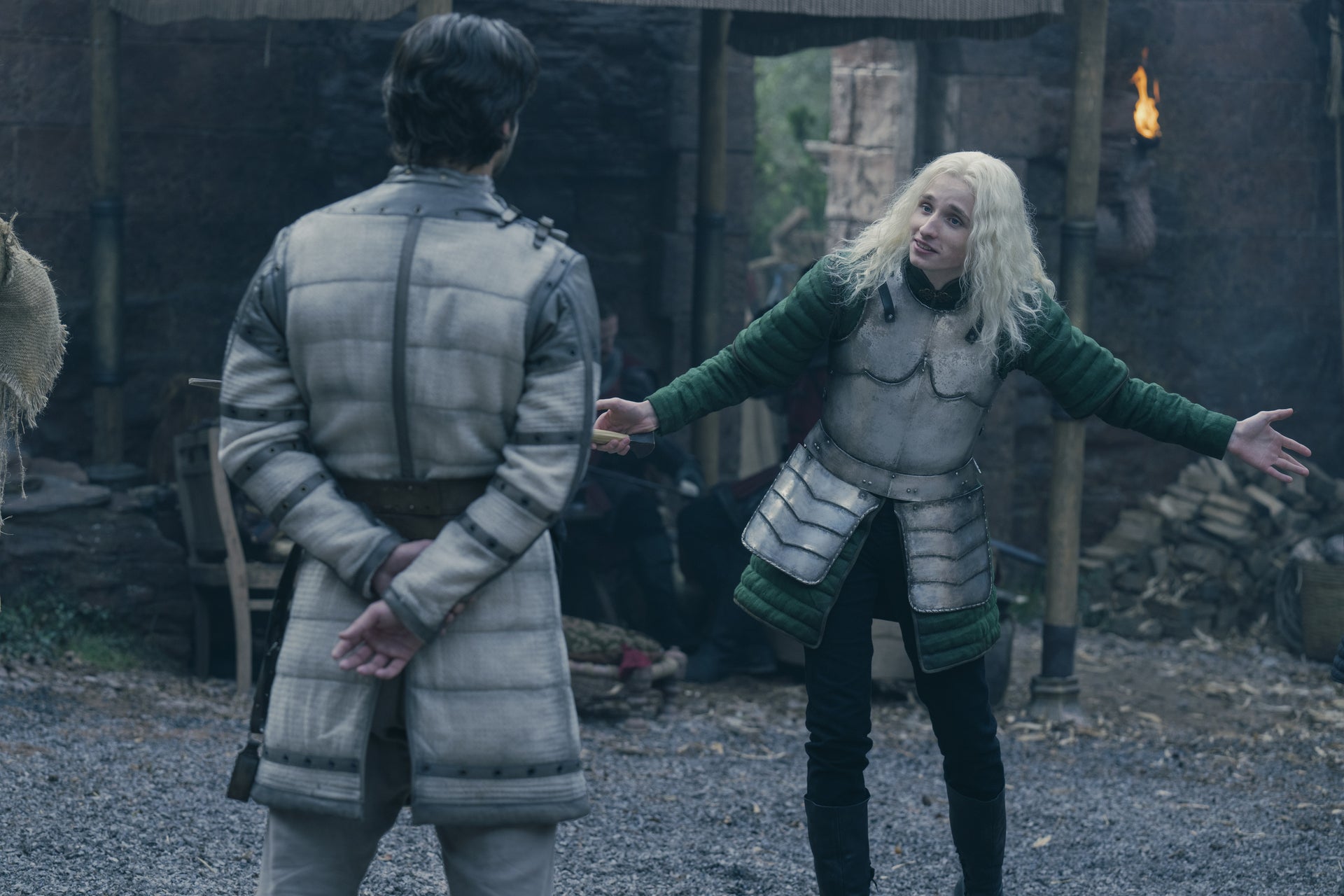The battle for the Iron Throne is pointless when everyone in House of the Dragon is this evil
How am I supposed to care who rules Westeros in House of The Dragon when no one seems to have the Westerosi in mind, asks Amanda Whiting


Your support helps us to tell the story
From reproductive rights to climate change to Big Tech, The Independent is on the ground when the story is developing. Whether it's investigating the financials of Elon Musk's pro-Trump PAC or producing our latest documentary, 'The A Word', which shines a light on the American women fighting for reproductive rights, we know how important it is to parse out the facts from the messaging.
At such a critical moment in US history, we need reporters on the ground. Your donation allows us to keep sending journalists to speak to both sides of the story.
The Independent is trusted by Americans across the entire political spectrum. And unlike many other quality news outlets, we choose not to lock Americans out of our reporting and analysis with paywalls. We believe quality journalism should be available to everyone, paid for by those who can afford it.
Your support makes all the difference.Do you ever have one of those days when everyone feels unworthy of the Iron Throne?
We’re more than halfway through the first season of House of the Dragon, which the ambiguously infirmed and heavily pocked King Viserys (Paddy Considine) seems deeply unlikely to survive. And yet among the three viable candidates for his successor – his brother Daemon, his eldest son Aegon II, and his daughter and officially recognised heir Rhaenyra – no one has emerged as a meritorious front-runner. Besides a Targaryen penchant for war-mongering, I’ve not heard a single constructive idea from anyone about how they’ll differentiate their reign from the current shambles, which has produced not one but two wars for the Stepstones. How am I supposed to care who rules Westeros when no one seems to have the Westerosi in mind?
The game of thrones is ultimately a fight for survival, yes, but without any idea of how these contenders might rule, it’s hard to invest in their survival either. In one of the few scenes that gives us any insight into young Aegon II (played by David Tennant’s son, Ty), his mother catches him masturbating out the tower window. Fantasy’s alternative to Roman Roy.
His uncle Daemon’s goodness has until now been defined by the lows he won’t stoop to. A few episodes ago, he refused to bed his teenage niece. How noble. This week, he proves he’s better than his brother-king by not subjecting his wife to a lethal caesarean birth – husband of the year.
Rhaenyra, though, is the show’s most confounding of the series’ power-hungry rivals. She so deeply believes in her own claim to the crown, it’s easy to forget the king named her heir in reaction to Daemon’s disobedience. She was a teenager when it happened. Since then, her conviction that she should be queen has grown, but not her demonstrable capacity for the job. When war breaks out in the Stepstones – again! – her answer is that well-worn Targaryen battle cry: send in the dragons. Their dragons may have elevated the Targaryens above the other great families of Westeros, but among themselves, the main distinguishing feature seems to be their relative willingness to use them.
Two hundred years from now, on the Game of Thrones timeline, the differences between the men and women vying for the crown will be consequential. When Robb Stark challenges Joffrey Lannister, it’s a battle between a vision for regional independence and the political dominion of extreme wealth. Daenerys Targaryen, much like her House of the Dragon forebears, has birthright on the mind, but her campaign also came to represent more progressive rule. She freed the slaves and endeared the Dothraki. She was the people’s champion. Jon Snow manifested the idea that a power-indifferent outsider might make the most suitable king.

On that series, who you wanted to win was still who you wanted to survive, but who you wanted to survive felt like a meaningful choice. The alliances they formed – and even the ones they shunned – told you something about who they were. House of the Dragon has recreated the battle for supremacy, but so far not the soul that made that battle so compelling. There are no ideals at stake here; just three different ways for the same exact bloodline to march forward.
Which, of course, we know from Game of Thrones doesn’t go on indefinitely. Whoever wins the coming civil war will play a role in steering the downfall of the House of the Dragon. I’m rooting for Rhaenyra because I like her yellow dragon and the impulse to choose a side – even among indistinguishable choices – is irresistible. Also feminism. But based on what we know right now, it’s hard to see how any one of these blondes could have changed House Targaryen’s doomed history.



Join our commenting forum
Join thought-provoking conversations, follow other Independent readers and see their replies
Comments